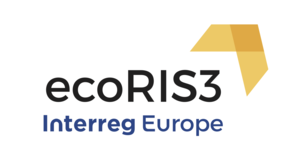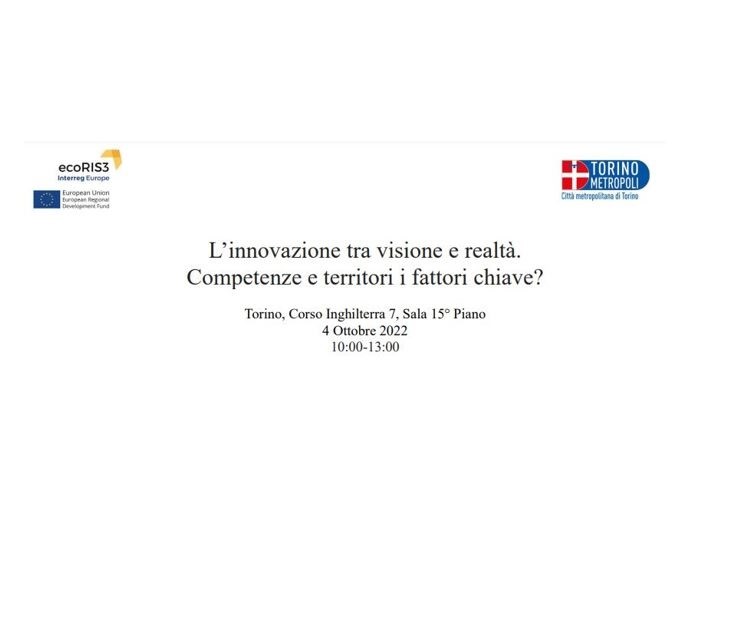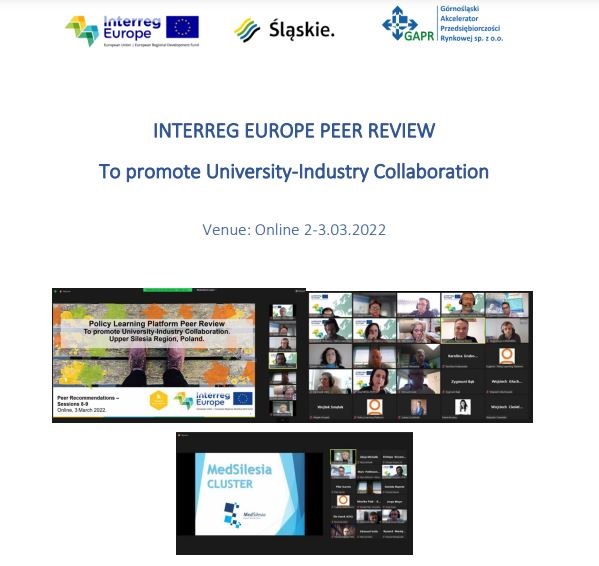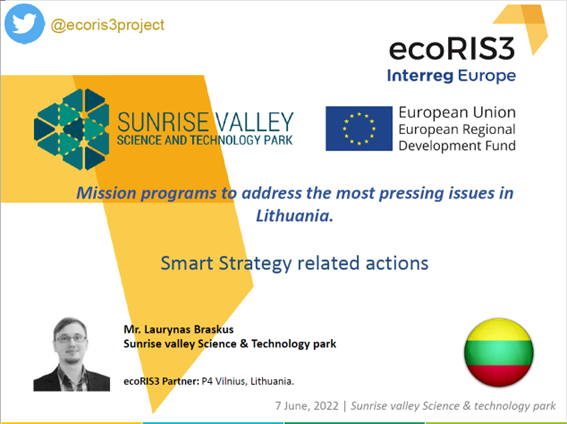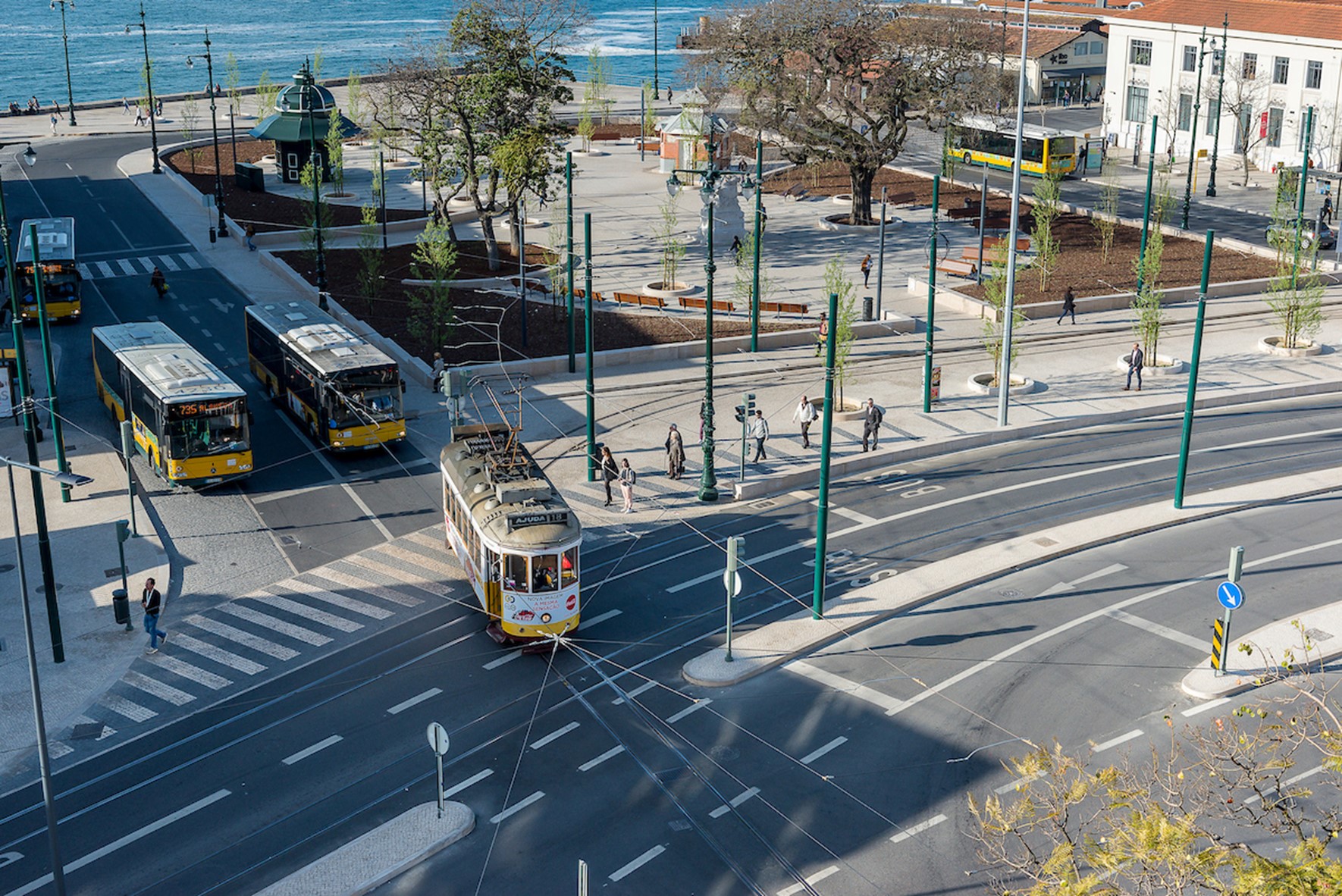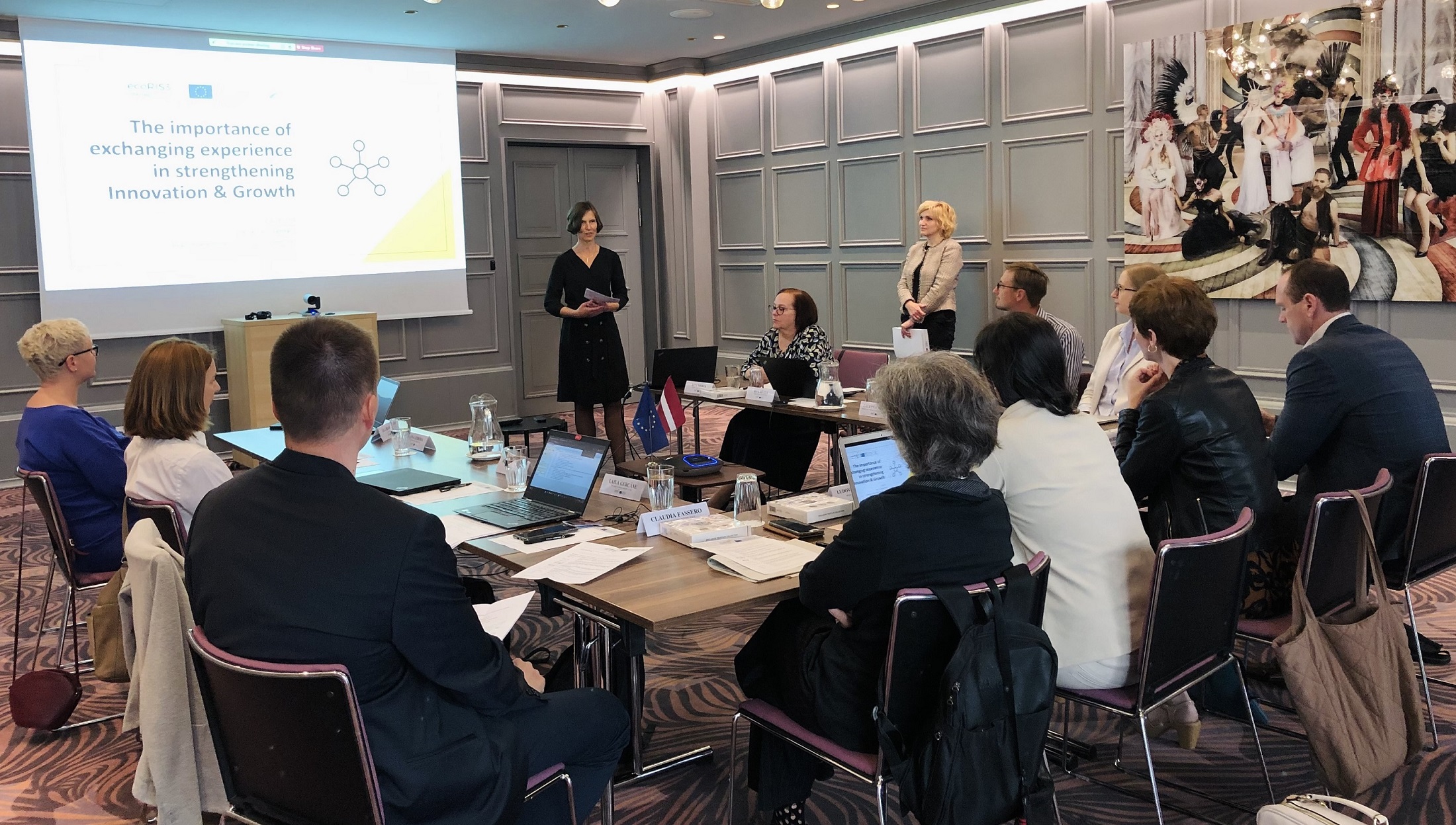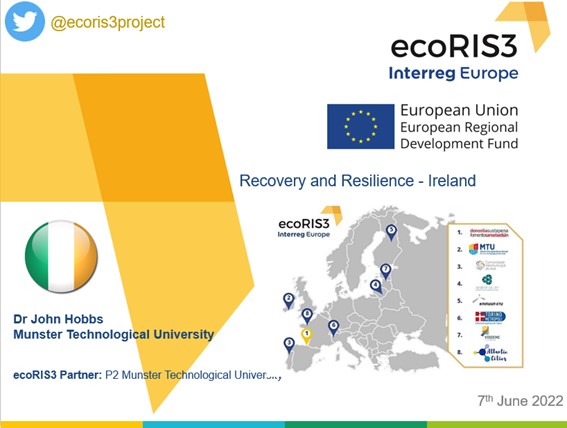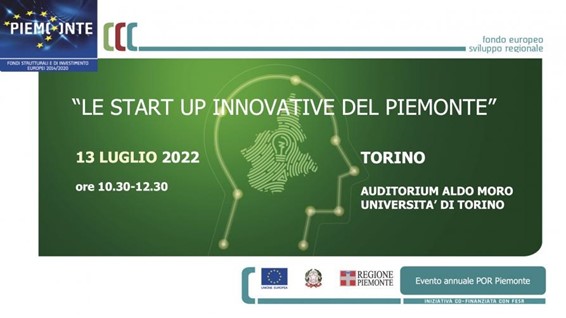Formerly known as the Conference of Atlantic Arc Cities, Atlantic Cities is a territorial cooperation network, based on the specific identity of the Atlantic Arc Cities, which currently brings together 18 members from 4 European countries: France, Ireland, Portugal, and Spain (Figure 1).

Atlantic Cities represents the interests of the European Atlantic Arc Cities towards the European institutions. Its main objective is to support and help Atlantic cities to develop through territorial cooperation, promoting cohesion and strengthening the competitiveness of the territories.
Another activity of the European network Atlantic Cities is the promotion of dynamic and direct relations between cities through cooperation with other networks.
Following this context and in the framework of the ecoRIS3 project, Atlantic Cities has a mission, to identify a set of Good Practices of its member cities, in the context of Covid-19, namely the initiatives carried out between 2020 and 2022.
This mission also aims to share these Good Practices with the other partners of the ecoRIS3 project and potential stakeholders. In particular, such as the initiatives of transformation and digital innovation that allowed, in this context, the promotion of sustainable enterprises, contributing to regional economic growth and employment.
Therefore, Atlantic Cities implemented the following work methodology:

The ‘How cities outside the partnership adapted to Covid-19’ report (Atlantic Cities, February 2022) is the culmination of the work methodology described above, presenting the main good practices identified in recovery in a Covid context of some of Atlantic Cities member cities, namely from the cities of Cork (Ireland), Viana do Castelo (Portugal), Lisbon (Portugal), Faro (Portugal), A Coruña (Spain), Gijón (Spain), Brest (France) and Rennes (France). This report can be found in the ecoRIS3 website library through this link.
Most of the measures and policies carried out by these cities have a socio-economic character, especially the initiatives carried out in 2020, at the beginning of the pandemic.
However, Atlantic Cities also identify other types of initiatives of an economic character, namely, urban planning; communication and territorial branding; support for the entrepreneurial ecosystem and associations, including through digital solutions and virtual events; housing support; financial support for micro and small businesses; support for the cultural and creative sector; various tax reductions and exemptions for citizens and companies and creation of virtual platforms for citizens' involvement in public policies.
Finally, Atlantic Cities consider that some of these good practices could be good examples of mitigation and adaptation to Covid-19. This context has allowed us to rethink cities, making them more pleasant, safer, greener and resilient.

Report prepared by the Atlantic Cities Secretariat is available (Click Here)
For further information on the ‘How cities outside the partnership adapted to Covid-19’ report please see report here or contact, Cátia Martins by e-mail at [email protected].
